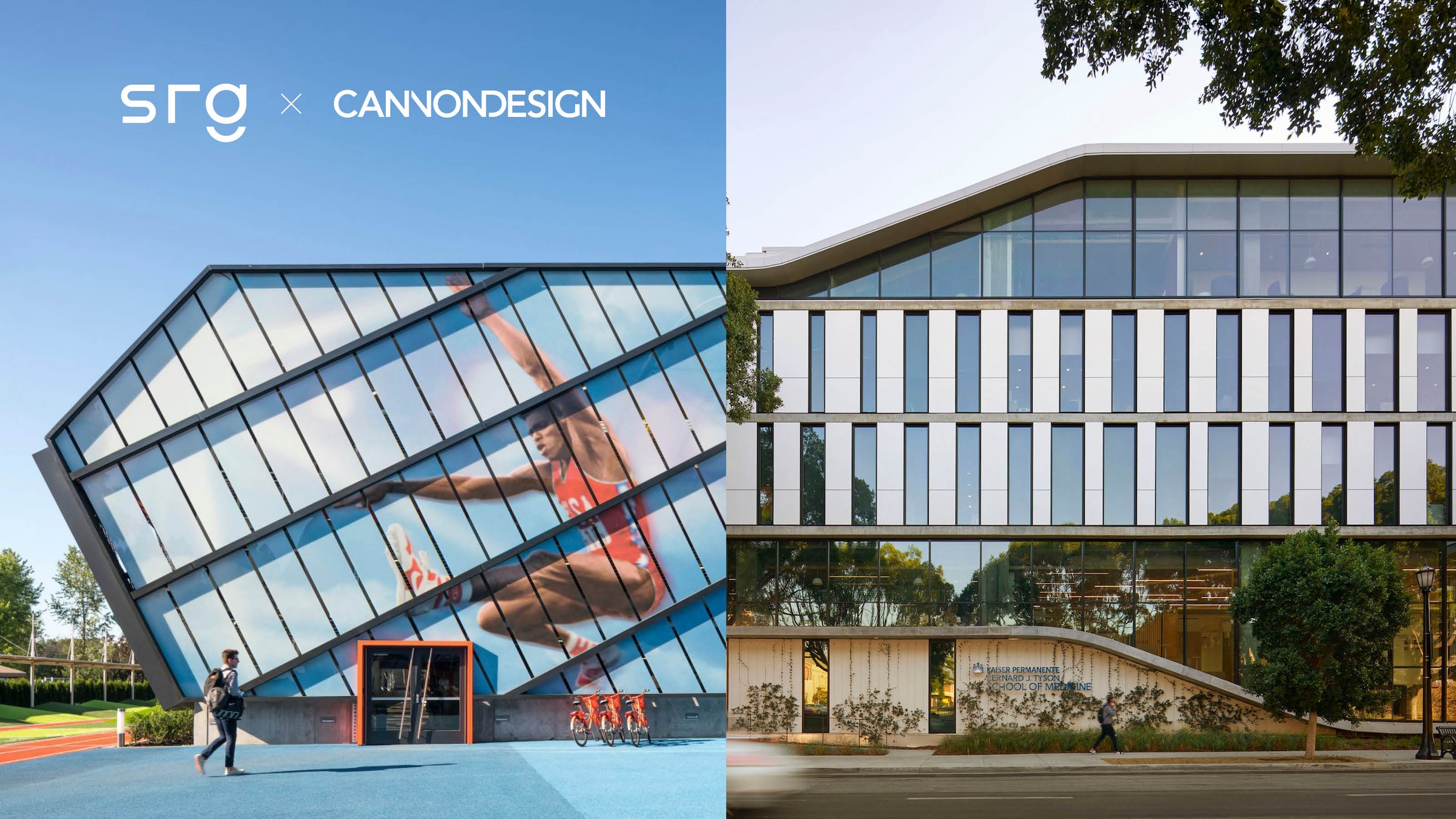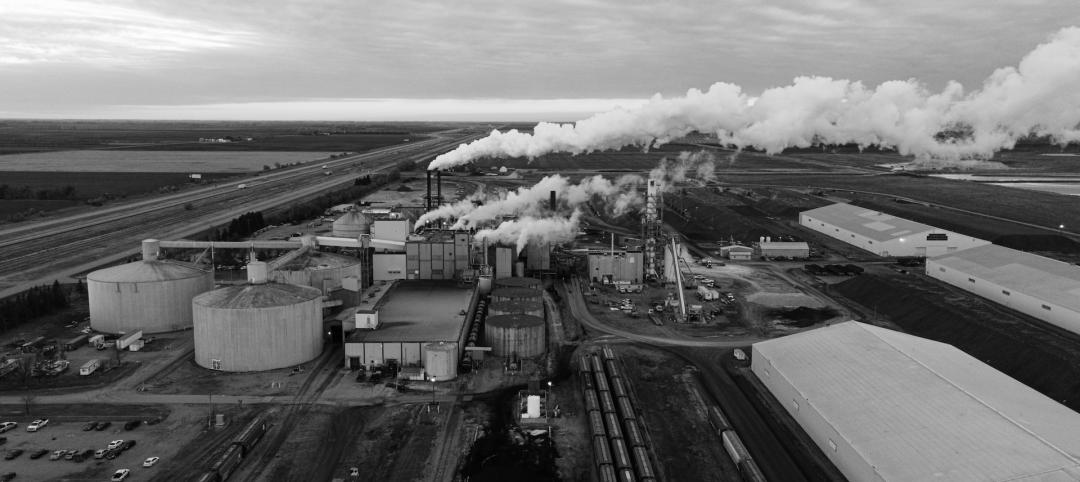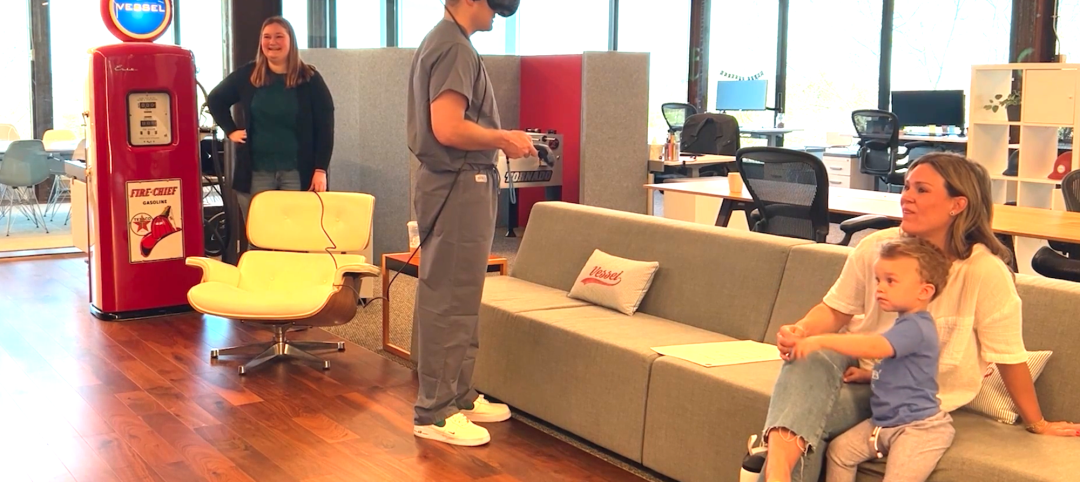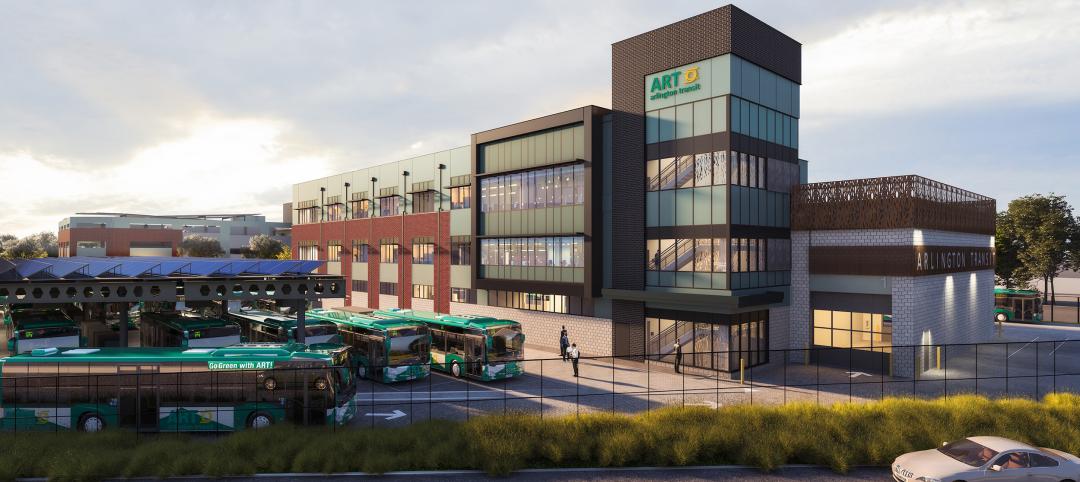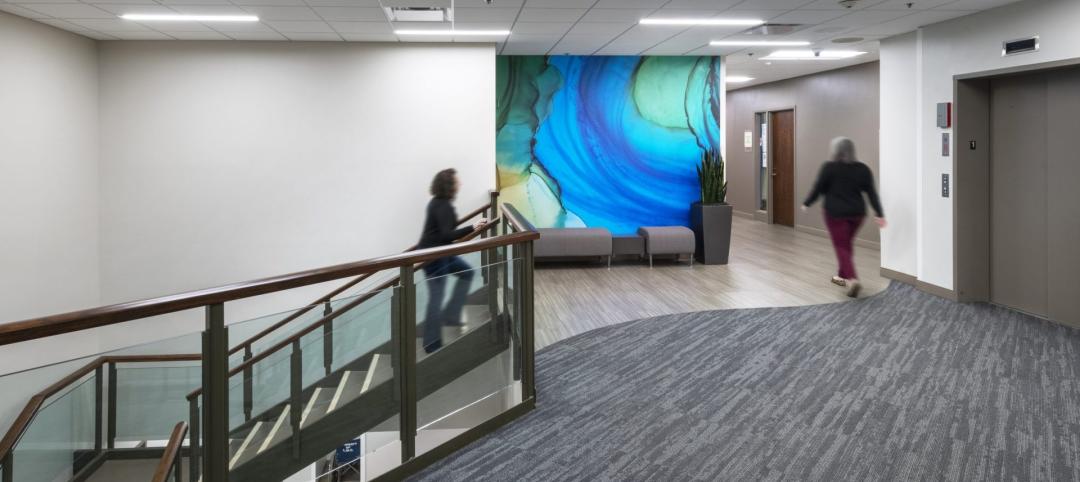SRG Partnership, a dynamic architecture, interiors and planning firm with studios in Portland, Oregon, and Seattle, Washington, has joined CannonDesign. This merger represents not only a fusion of businesses but a powerhouse union of two firms committed to making a profound difference through design.
Both SRG Partnership and CannonDesign share a commitment to designing places that help people, communities and the environment flourish. Together, the firms will amplify their impact throughout the Pacific Northwest and across the country, setting new standards for transformative design for health and wellness, education, science and technology, sports and recreation, and culture.
Going forward, SRG Partnership will be known as SRG + CannonDesign. With the addition of SRG’s Portland and Seattle studios, CannonDesign now has 18 offices and nearly 1,300 teammates across North America and India.
“SRG Partnership defines itself with a statement—Invent a better future—that truly resonates with me,” says CannonDesign’s CEO Bradley Lukanic, AIA. “Partnering with this established design firm is a wonderful start to the year. The alignment and focus between our firms will drive us forward; together we’re going to create positive impacts with design excellence in and outside of our communities.”
SRG has a storied history in the Pacific Northwest spanning more than 50 years. Led by President Lisa Petterson, the firm is recognized for its commitment to crafting deeply sustainable buildings that enhance the quality of life. Its more than 60 employees have led award-winning projects of all scales, from the Oregon Health & Science University Knight Cancer Research Building to Hayward Field at the University of Oregon, the Multnomah County Central Courthouse and the Center for Behavioral Health and Learning at the University of Washington, among others.
“SRG has been making an impact consistently, but we recognize we can achieve even greater growth and impact alongside CannonDesign,” noted Petterson. “The alignment in our cultures, commitment to diversity and emphasis on sustainability is striking. CannonDesign’s Living-Centered Design ethos also beautifully aligns with our purpose to leave a lasting impact on communities. I’m genuinely excited about the new opportunities this merger brings to our people, clients and the communities we design for.”
CannonDesign is a design solutions firm at the nexus of architecture, strategy, experience, interior design, engineering and social impact. The firm is consistently recognized by Fast Company as one of the most innovative companies in the world, designing buildings, experiences and strategies for esteemed organizations such as Mayo Clinic, Memorial Sloan Kettering, LinkedIn, Oak Ridge National Laboratory, Under Armour, University of Chicago Medicine, CalTech and more.
"There's a clear synergy in our firms’ shared commitment to design excellence,” added David Polzin, CannonDesign’s Executive Director of Design. “SRG’s portfolio is outstanding, both regionally sensitive and transcendent of place. Their teams’ dedication to being environmentally responsible, resilient and equitable is evident in their work. I’m looking forward to designing a brighter future together.”
Learn more at www.cannondesign.com and www.srgpartnership.com.
Related Stories
Industrial Facilities | Jun 20, 2023
A new study presses for measuring embodied carbon in industrial buildings
The embodied carbon (EC) intensity in core and shell industrial buildings in the U.S. averages 23.0 kilograms per sf, according to a recent analysis of 26 whole building life-cycle assessments. That means a 300,000-sf warehouse would emit 6,890 megatons of carbon over its lifespan, or the equivalent of the carbon emitted by 1,530 gas-powered cars driven for one year. Those sobering estimates come from a new benchmark study, “Embodied Carbon U.S. Industrial Real Estate.”
Virtual Reality | Jun 16, 2023
Can a VR-enabled AEC Firm transform building projects?
With the aid of virtual reality and 3D visualization technologies, designers, consultants, and their clients can envision a place as though the project were in a later stage.
Mechanical Systems | Jun 16, 2023
Cogeneration: An efficient, reliable, sustainable alternative to traditional power generation
Cogeneration is more efficient than traditional power generation, reduces carbon emissions, has high returns on the initial investment, improves reliability, and offers a platform for additional renewable resources and energy storage for a facility. But what is cogeneration? And is it suitable for all facilities?
Office Buildings | Jun 15, 2023
An office building near DFW Airport is now home to two Alphabet companies
A five-minute drive from the Dallas-Fort Worth International Airport, the recently built 2999 Olympus is now home to two Alphabet companies: Verily, a life sciences business, and Wing, a drone delivery company. Verily and Wing occupy the top floor (32,000 sf and 4,000 sf, respectively) of the 10-story building, located in the lakeside, work-life-play development of Cypress Waters.
Transit Facilities | Jun 15, 2023
Arlington, Va., transit station will support zero emissions bus fleet
Arlington (Va.) Transit’s new operations and maintenance facility will support a transition of their current bus fleet to Zero Emissions Buses (ZEBs). The facility will reflect a modern industrial design with operational layouts to embrace a functional aesthetic. Intuitive entry points and wayfinding will include biophilic accents.
Urban Planning | Jun 15, 2023
Arizona limits housing projects in Phoenix area over groundwater supply concerns
Arizona will no longer grant certifications for new residential developments in Phoenix, it’s largest city, due to concerns over groundwater supply. The announcement indicates that the Phoenix area, currently the nation’s fastest-growing region in terms of population growth, will not be able to sustain its rapid growth because of limited freshwater resources.
Multifamily Housing | Jun 15, 2023
Alliance of Pittsburgh building owners slashes carbon emissions by 45%
The Pittsburgh 2030 District, an alliance of property owners in the Pittsburgh area, says that it has reduced carbon emissions by 44.8% below baseline. Begun in 2012 under the guidance of the Green Building Alliance (GBA), the Pittsburgh 2030 District encompasses more than 86 million sf of space within 556 buildings.
Industry Research | Jun 15, 2023
Exurbs and emerging suburbs having fastest population growth, says Cushman & Wakefield
Recently released county and metro-level population growth data by the U.S. Census Bureau shows that the fastest growing areas are found in exurbs and emerging suburbs.
Healthcare Facilities | Jun 14, 2023
Design considerations for behavioral health patients
The surrounding environment plays a huge role in the mental state of the occupants of a space, especially behavioral health patients whose perception of safety can be heightened. When patients do not feel comfortable in a space, the relationships between patients and therapists are negatively affected.
Engineers | Jun 14, 2023
The high cost of low maintenance
Walter P Moore’s Javier Balma, PhD, PE, SE, and Webb Wright, PE, identify the primary causes of engineering failures, define proactive versus reactive maintenance, recognize the reasons for deferred maintenance, and identify the financial and safety risks related to deferred maintenance.


